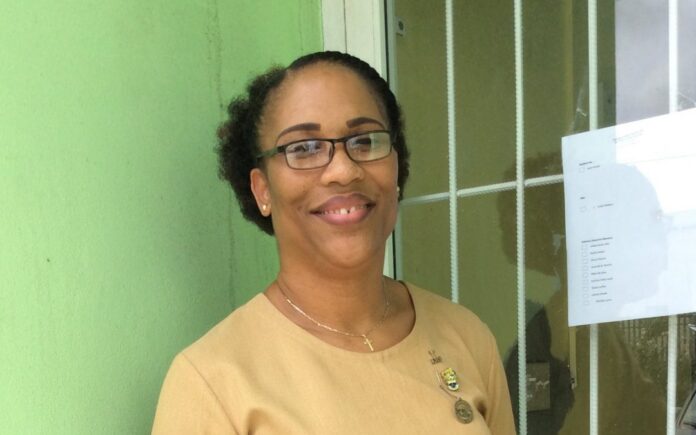The ABNA is concerned and troubled that the Public Health System of Antigua and Barbuda has been grossly undermined and compromised, as it relates to the tried and proven Public Health Strategy of Vaccination administration for Vaccine Preventable Diseases, due to the clandestine actions of the Country’s Leadership, along with “Wealthy” members of the Public, who were allowed to bring in their own vaccine to vaccinate themselves.
The Public Health System already has in place an established Policy governing vaccine sourcing, distribution and storage etc. This Policy embraces the entire Public Health System which includes both Government and Private Sector Institutions & Practitioner, through its long standing, “Expanded Programme of Immunization” (EPI).
The EPI System facilitates close Monitoring and Evaluation (M&E) for epidemiologic control of Vaccine Preventable Diseases. It also provides for accountability of Adverse Events Following Immunization (AEFI) previously referred to as Events Supposedly Attributed to Vaccination and Immunization (ESAVI).
The EPI is a well-structured, organized regional/global system designed by PAHO/WHO, with a designated manager who attends an annual meeting to which each member country submits a very detailed report of its vaccination status. This report is generated through detailed data collection and recording carried out by mostly by Public Health Nurses who are responsible for administration of vaccines.
The report accounts for number and type of vaccines administered, the dosage, any adverse events associated with the vaccine administration, population coverage and so on.
The recent action has allowed:
1. eroded public confidence and has increased Public Mistrust in Vaccination and even more so in the proposed new COVID-19 Vaccine.
2. made it much more difficult for the Public Health Team to educate the public concerning vaccination, especially in an already highly charged anti-vaccine environment.
3. compromised the Public Health System. Allowing a seeming “free for all” importation of the vaccine will lead to the loss of vaccine control to include accountability for monitoring efficacy of the vaccine/s, monitoring vaccine coverage and events associated with vaccine administration.
In addition, we are aware that the two vaccines donated have not yet been approved by the Caribbean regulatory systems (CRS) or CARPHA to register the product prior to the importation and use in the population of Antigua and Barbuda.
4. Further taxed an already stretched/limited health workforce and especially the nursing health workforce.
In addition, the ABNA opines that the recent action and policy decision belies the Government’s commitment to the principles of “Universal Health Coverage” purported by United Nation and PAHO/WHO membership of which Antigua and Barbuda is a part.
The Policy certainly does not support “Universal Access” to the best possible health care for people of all socio-economic status when there is a built-in discrimination with respect to efficacy and cost of the type of vaccine that will seemingly be made available to the poorer and vulnerable population of Antigua and Barbuda.
ABNA is therefore calling on the Minister of Health Assigned Task Force, PAHO Country Rep and Senior Technical Officers in the Ministry of Health to reconsider this decision with the view of changing this policy decision.
Furthermore, ABNA demands that the highest efficacy vaccine be made available to the nursing health workforce and will refuse as frontline workers to take the vaccine with least efficacy and which still remains questionable world-wide.
ABNA is willing to collaborate with the Policy Makers in creating a holistic, ethical Public Health System to include a vaccination/immunization policy that is fair and equitable.







